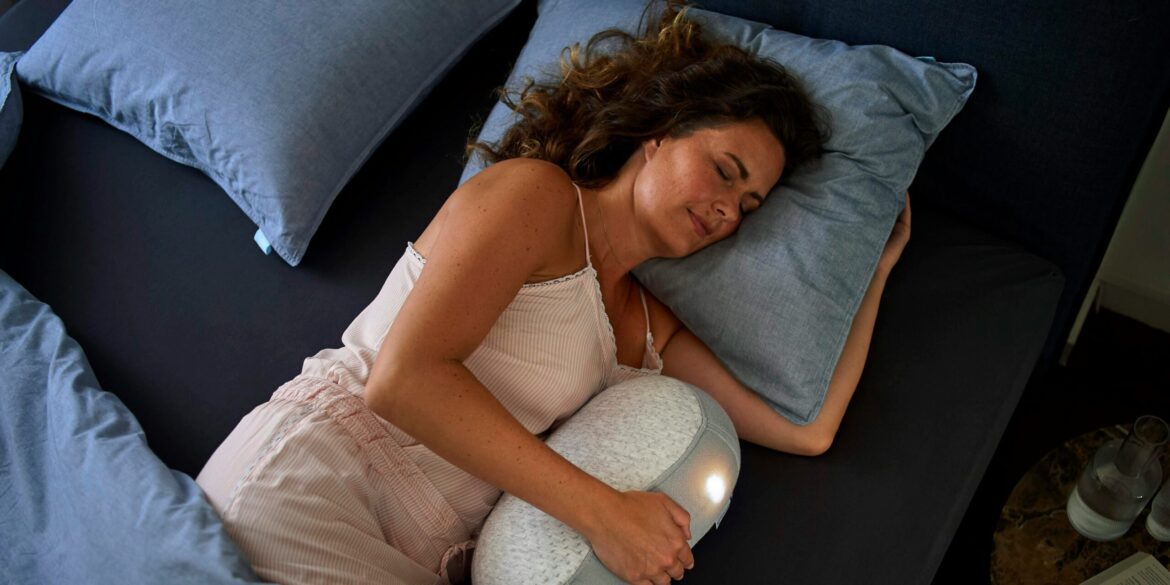A major nationwide research initiative has been launched in the United States to investigate the relationship between sleep quality and overall health. The study will involve 10,000 adult participants across the country and will span a 12-month period. Using FDA-cleared wearable devices, researchers will collect continuous data on sleep-related metrics such as movement, heart-rate variability, and ambient light exposure. The primary goal is to examine how sleep quality impacts cognitive performance, mood stability, and cardiovascular health.
This large-scale, multi-institutional effort reflects the growing convergence of consumer technology and medical research. As wearables become more integrated into everyday life, researchers are increasingly leveraging these devices to gather longitudinal health data in real-world environments, outside of traditional sleep laboratories. While earlier sleep studies often relied on controlled clinical settings, this new initiative aims to capture sleep patterns and health indicators as they naturally occur in daily life, providing a richer and potentially more accurate picture of sleep behavior across a diverse population.
According to researchers involved in the project, the study is structured to go beyond simply tracking hours of sleep or basic sleep stages. It seeks to identify how fluctuations in sleep quality may predict or coincide with measurable changes in brain function, emotional well-being, and physical health. Participants will undergo regular cognitive assessments and mood evaluations, alongside cardiovascular monitoring, to detect any associations between sleep disruptions and daytime performance or physiological stress indicators.
The inclusion of heart-rate variability as a key metric is especially noteworthy. This marker, which reflects the balance between sympathetic and parasympathetic nervous system activity, has emerged as a critical indicator of stress resilience and cardiovascular function. Changes in this variability during sleep may signal broader health implications, and tracking it over time could help identify early warning signs of burnout, anxiety, or heart-related conditions.
Ambient light exposure, another factor being tracked by the wearable devices, plays a crucial role in regulating circadian rhythms. Excessive exposure to artificial light—particularly blue light from screens—has been shown to disrupt the body’s natural sleep-wake cycle. In an era dominated by smartphones, laptops, and shift work, understanding how light patterns influence sleep can provide essential guidance for improving sleep hygiene and overall wellness.
The study’s design also incorporates lifestyle variables that are increasingly relevant in today’s society. Researchers will examine how factors such as frequent travel across time zones, night-shift employment, and evening screen time impact sleep architecture and its downstream effects. These variables are often overlooked in smaller, controlled studies but have become central to understanding the modern sleep landscape. The hope is that findings will help guide future recommendations for work schedules, digital device use, and even public policy related to occupational health.
Although the specific wearable devices and research institutions involved have not been disclosed in full, the fact that FDA-cleared devices are being used suggests a high standard of accuracy and data integrity. This is important, as many commercially available sleep trackers have faced criticism for inconsistent measurements or lack of transparency in their algorithms. By anchoring the study in clinically validated tools, researchers aim to produce findings that can withstand scientific scrutiny and be applied in both clinical and consumer contexts.
Experts in sleep medicine have expressed optimism about the potential impact of this study. Unlike previous efforts that often focused on small groups or narrow outcomes, this initiative’s large sample size and comprehensive scope promise to produce insights that are both statistically robust and broadly applicable. Findings could inform interventions ranging from personalized sleep coaching to organizational policies aimed at improving employee wellness and productivity.
The use of wearable devices also marks a shift toward more proactive and individualized health monitoring. Participants will gain access to their own sleep data, empowering them to make informed decisions about lifestyle changes. Meanwhile, aggregated and anonymized data will contribute to a larger understanding of population-level trends in sleep health, which has been increasingly recognized as a cornerstone of both physical and mental well-being.
In recent years, poor sleep has been linked to a wide array of health issues, including depression, impaired memory, hypertension, and weakened immune function. As the modern world continues to blur the lines between day and night through technology and non-traditional work schedules, understanding sleep’s role in maintaining cognitive clarity and cardiovascular resilience has never been more urgent.
Ultimately, the November 1 study launch represents a significant step forward in the integration of digital health tools with long-term scientific inquiry. By capturing how people actually sleep in their everyday environments, and linking that data to critical health outcomes, the study has the potential to redefine how sleep is measured, understood, and optimized in both personal and public health domains.

